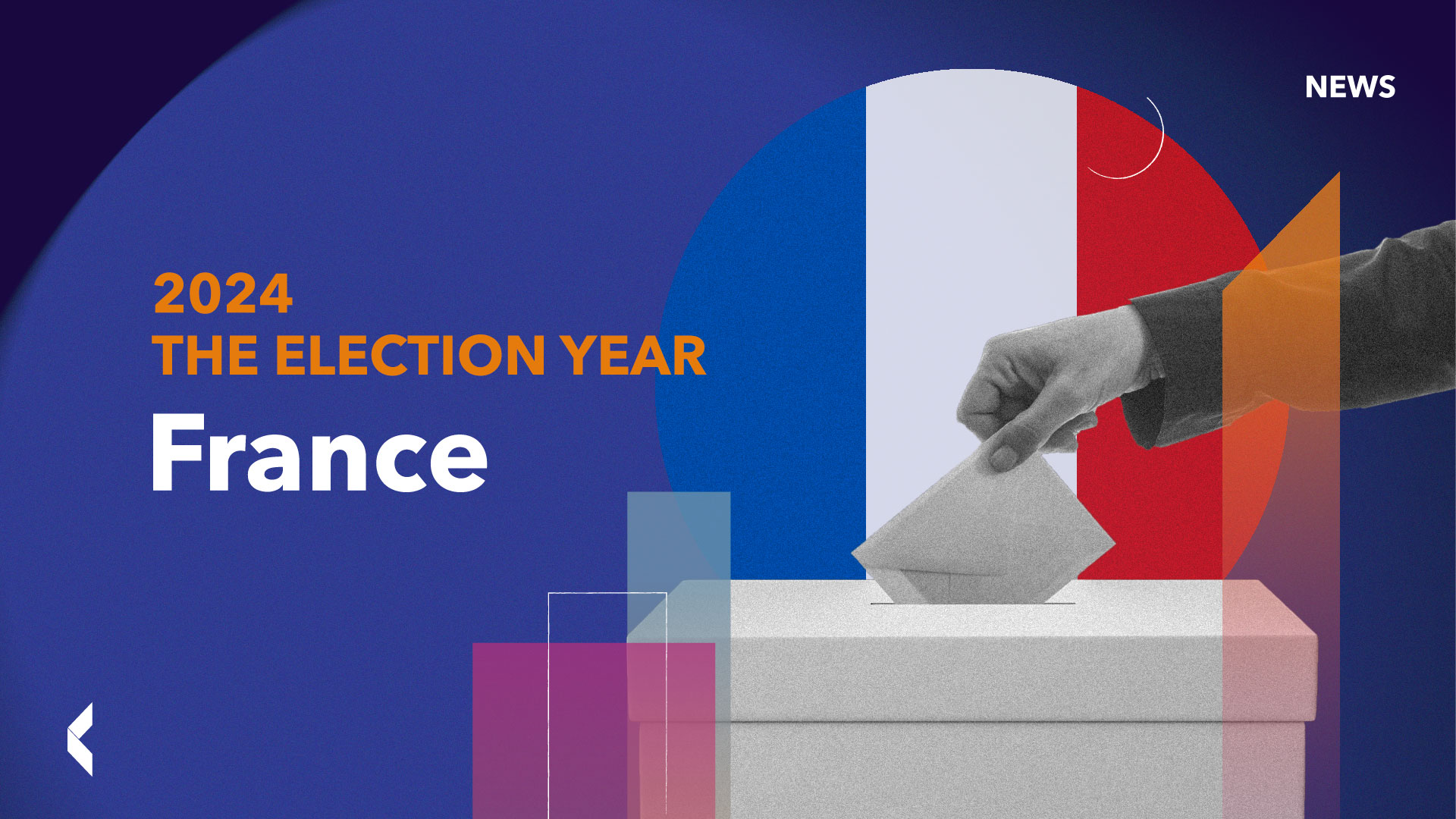About the Authors
As soon as the dissolution of the National Assembly was announced, Bruno Le Maire was quick to invite companies to make their voices heard on the likely consequences of the various so-called “disruptive” political programs. But while the media world is agitated, and public figures (artists, influencers, etc.) are taking a stand against the extreme right, employers’ federations are moving forward in scattered order, fearing to fuel divisions among their members and… not to damage their future. So far, so quiet, they reassure themselves by evoking the example of Italy’s Prime Minister, Giorgia Meloni, who was forced to soften her economic program after coming to power, to the point where it is said in the peninsula that she is advised by her predecessor.
In the business world, politics in the electoral sense is taboo. In the age of Corporate Social Responsibility (CSR), it’s the last frontier. Companies implement climate and zero-carbon plans, transform their HR practices, support solidarity and inclusion projects… but electoral debates remain confined to the private sphere of their employees.
According to a survey conducted for Entreprise et Progrès by Odoxa, nearly 6 out of 10 French people believe that companies should encourage their employees to vote. Nevertheless, employees don’t expect their employers to take a public stand for or against a political party and thereby commit their company. Caution is therefore the rule when it comes to corporate communications on this subject. Companies remain reluctant to display views that might divide their workforce, or trigger hostility from partners, investors and public authorities. Except for major geopolitical issues, such as the positions and divestment decisions following Russia’s invasion of Ukraine. However, the war between Israel and Hamas did not provoke a similar movement.
In that context, the positions taken by two employers’ organizations stand out. First of all, Mouvement Impact France, which brings together companies committed to social and environmental progress. In a press release, they expressed “their concern about the consequences of a possible victory of the extreme right” and called on the business world to mobilize to “act on the roots of this vote“. This statement comes as no surprise, given that one of its co-presidents, Pascal Demurger, General Manager of MAIF, who is the author of a book with an evocative title: The company of the 21st century will either be political, or it won’t be (trans.) (L’Aube, 2019). Between the two rounds of the last presidential election he also signed an article in L’Obs with Laurent Berger calling for a vote “with no hesitation” for Emmanuel Macron against Marine Le Pen in 2022. Then, more recently, the Association française des entreprises privées (Afep), taking over on a rather reserved Medef, warned of “major risks” of the economy “sustainably sliding out of line” based on the potential results of the elections.
In neighbouring countries, business leaders have gone further, getting involved in the campaign themselves. For example, a coalition of major German companies recently broke the silence to denounce the rise of the extreme on their side of the border. In an opinion piece, some thirty signatories, including representatives of powerful groups such as Deutsche Bank, BASF, Siemens and Volkswagen, condemned the xenophobia of the AFD party as contrary to their values but also, and perhaps above all, to their interests, at a time when the country is in need of foreign workforce. Another example: in the Netherlands, ASML, one of the world leaders in the semiconductor industry, threatened to relocate its business if the new government were to curb the arrival of immigrant workers. In both cases, the attitude of these business leaders amounts to doing what Bruno Le Maire asked: drawing attention to the risks to business prosperity of measures envisaged by one political party or another.
So, in the name of protecting their interests, company CEO, rather than the companies themselves, should not think twice before they get themselves involved – not to give voting instructions, since the choice of ballot paper in front of a ballot box remains an individual freedom in a democratic country – but to shed light on the debate, to educate on the issues at stake and to confront citizens with the potential consequences of certain choices. A delicate and sensitive form of expression, however, to be practised with great caution, as it can easily have a boomerang effect, strengthening those whom they would like to weaken.

